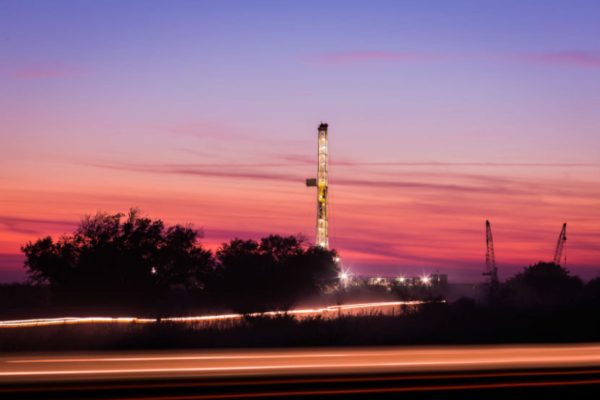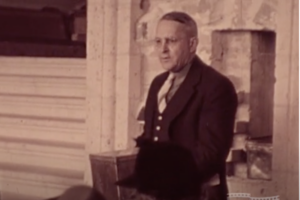A growing “good” vs. “bad” narrative is taking shape in regards to energy. Renewable energy and batteries are good. Fossil and nuclear energy are bad.
The message of the narrative — now learned by kids in school and touted by well intentioned, if not biased, politicians, activists, educators, and even religious leaders — goes something like this: Fossil energy is bad because coal, oil and natural gas produce carbon dioxide (CO2) and other harmful emissions, and they require mining and drilling. Nuclear is bad because it produces radioactive waste. Ignoring the fact that fossil fuels and nuclear together comprise some 90 percent of global energy, we are told to “keep it in the ground.”
Renewables are good because hydro, solar, wind, waves and tides have low emissions. And biofuels come from plants, which are “green.” Batteries are good because electricity has no emissions.
If only it were so simple. Assigning words to energy such as clean and dirty, or good and bad, is disingenuous. The unfortunate reality is that all energy, at scale, has environmental effects. We are better served in the long run by open, fact-based conversations in our schools, workplaces, governments and universities about the challenges and benefits of all energy.
Let’s start with wind. Texas is by far the leading state in the U.S. for wind capacity and generation. Across the vast West Texas plain are wind turbines, tens of thousands of them, rising 300 feet above the ground and providing a steady source of revenue for struggling West Texas ranchers.
Even if you don’t mind the visual landscape damage, wind turbines cast strobe shadows, create variable levels of noise, cause migratory bird damage, are constructed from metals mined from the earth, and transmit electricity across major power-line corridors to urban areas. Of course, when the wind is not blowing at the proper speed, which happens often, it is mostly backed up by natural gas power plants and, down the road, batteries, grid adaptation, or something else.
Solar has similar, and a few different, challenges. No strobe or noise issues, but reflected solar can harm birds with intense heat. The materials used to manufacture panels or mirrors must be mined, and the manufacturing plants themselves are far from clean. Unlike wind, industrial-scale solar covers the land in panels and mirrors, removing it from other uses. And when the sun is not shining — at night and on cloudy days — it must be backed up. As for hydro, it, too, affects the local ecosystem; and biofuels, waves and tides at scale all have environmental effects of their own.
And what about the large chemical batteries being proposed as replacements for natural gas plants to back up solar and wind? Lead-acid, nickel-cadmium, lithium-ion and sodium-sulphur are some of the options being considered. Some global forecasts call for more than 300 million electric vehicles in the next 20 years — about 25 percent of the world fleet. A single Tesla Model S uses more than 7,000 lithium-ion batteries, although most electric vehicles have fewer. Using an average of 3,500 batteries per electric vehicle means more than 1 trillion new batteries to get 25 percent of the vehicles electrified.
These battery solutions require metals such as cobalt and lead, rare earth elements and other earth materials, which will result in dramatically expanded mining. Further, batteries must be manufactured in large chemical factories. And when the batteries, turbines and panels are worn out, they must be disposed of, probably in landfills.
Don’t get me wrong: There is an important role for renewable energy and batteries in the future, especially in rural areas and impoverished villages that have little or no electricity. In fact, I recently led a team to an indigenous village in remote Colombia to bring solar and battery electricity.
But when discussing energy and environmental impact, rhetoric should not drive the conversation. Students and the public don’t benefit from a one-sided dialogue. We are all much better served by engaging in civil discourse, fact-based discussion and rigorous debate. In this sometimes uncomfortable space, knowledge will increase and compromise is more likely to happen, resulting in workable solutions with measurable outcomes that can reduce poverty and protect the environment.
Scott W. Tinker is the state geologist of Texas and director of the Bureau of Economic Geology at The University of Texas at Austin.
A version of this op-ed appeared in The Hill.
To view more op-eds from Texas Perspectives, click here.
Like us on Facebook.




